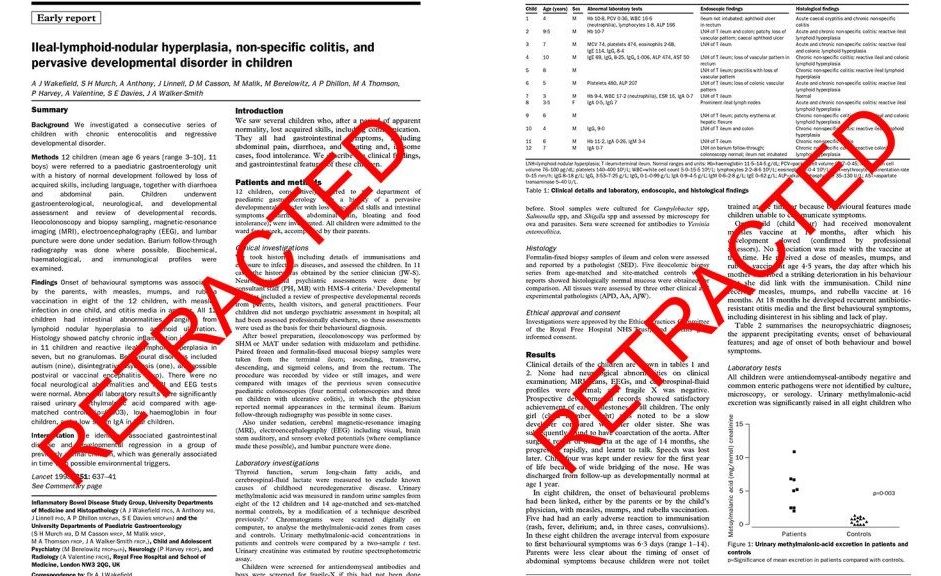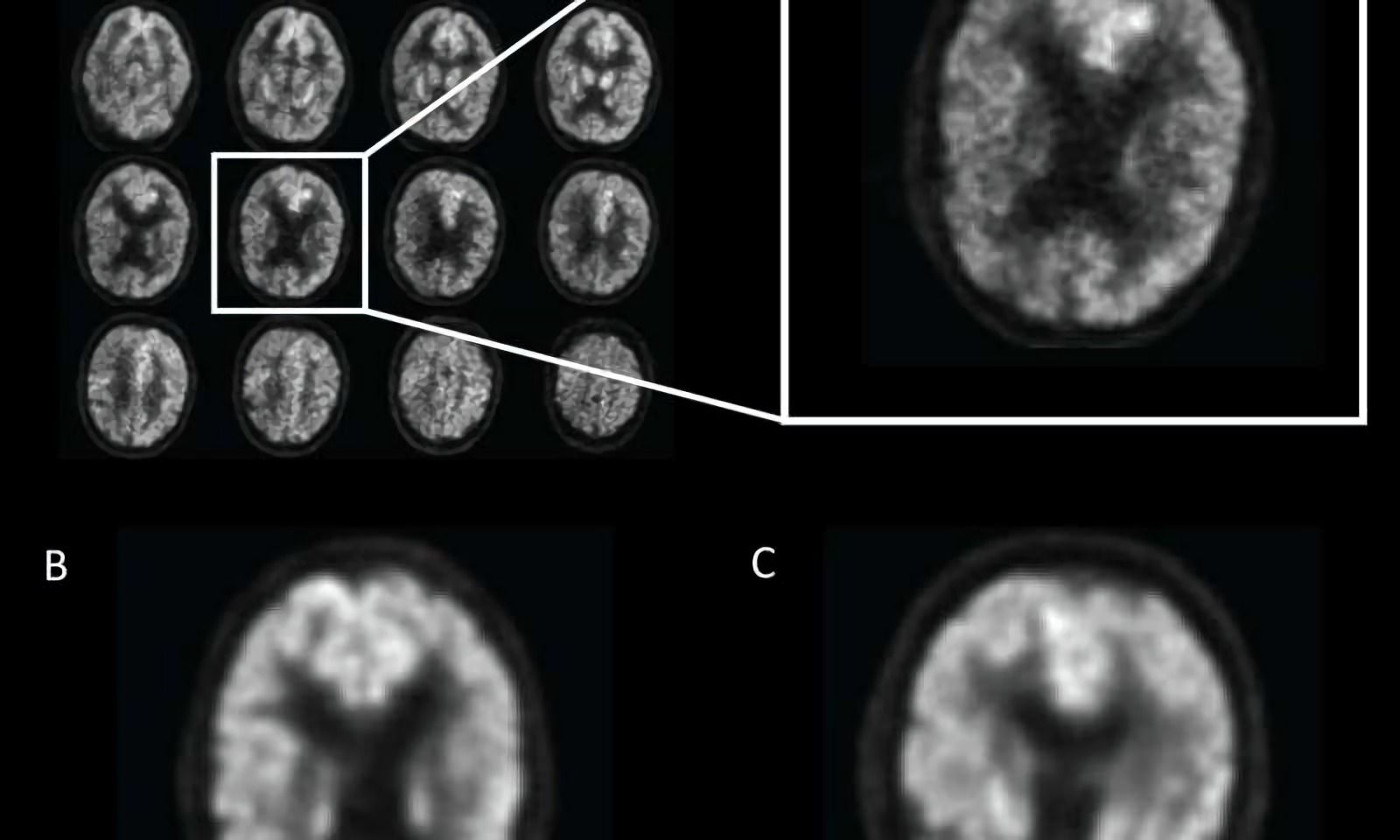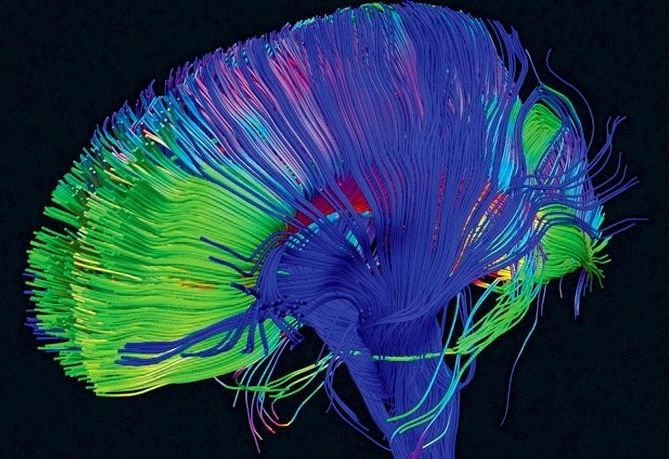Page 8551
Nov 6, 2018
Japan Develops World’s First Test to Detect Cancer via Urine Samples
Posted by Nicholi Avery in categories: biotech/medical, engineering
Scientists in Japan have developed the world’s first test that can detect cancers in patient urine samples. The breakthrough technology by Japanese researchers from engineering firm Hitachi has been in development for two years and it may be made available by 2020.
According to Agence France-Presse, the research team will work with Nagoya University to analyze 250 urine samples to check for breast, colon, and childhood forms of the disease in central Japan. The experiments will begin this month and end in September.

Continue reading “Japan Develops World’s First Test to Detect Cancer via Urine Samples” »
Nov 6, 2018
The Way We Define a Kilogram Could Change Next Week
Posted by Genevieve Klien in category: futurism
The future of mass depends on a conference vote next week.
A long-discussed resolution for next week’s General Conference on Weights and Measures would toss out the international prototype of the kilogram—a hunk of platinum and iridium in Paris that everyone agrees weighs 1 kilogram. Instead, the International Bureau of Weights and Measures (BIPM) would redefine the International System of Units to ensure that kilograms are based on things that can’t change over time. It would require an entire rethinking of how kilograms work.
Nov 6, 2018
Database of 18,000 Retracted Scientific Papers Now Online
Posted by Genevieve Klien in category: materials
The blog Retraction Watch released an online database of more than 18,000 papers and conference materials that have been retracted since the 1970s.
Nov 6, 2018
Computer vision identifies signs of early Alzheimer’s up to 6 years before clinical diagnosis
Posted by Genevieve Klien in categories: biotech/medical, robotics/AI
Researchers have developed a novel AI method that uses AI to detect early signs of Alzheimer’s disease up to six years before it’s formally diagnosed.
Nov 6, 2018
NASA’s mission to ‘Touch the Sun’ just reached its first major milestone with close flyby
Posted by Genevieve Klien in category: space
It’s been a busy month for the Parker Solar Probe which, if you haven’t been keeping track, is currently moving faster than any man-made object ever and also closer to the sun than anything humans have ever built. The spacecraft launched a couple of months back, but it’s finally ready to do some science, and it just made it first close pass by our Sun, which is obviously cause for celebration.
The probe, which will make dozens of passes of the star, achieved its closest distance of this particular loop (called “perihelion”) on Monday night. Now, its handlers back on Earth are eagerly awaiting word from the craft so that it can share whatever information it has gathered.
Nov 6, 2018
What Are the Causes of Coronary Artery Disease?
Posted by Genevieve Klien in category: biotech/medical
Coronary artery disease, or coronary heart disease, can lead to heart attack or death. Learn what causes this condition and how you can prevent it.
Nov 6, 2018
LSD changes communication patterns between regions of the brain, a new study shows
Posted by Genevieve Klien in categories: health, neuroscience
LSD changes the communication patterns between regions of the brain, a new study by researchers of the University of Zurich and Yale University shows. The study also provides insights into how mental health disorders develop and how these could be treated.
The researchers used brain imaging technology to examine the effects of LSD on the brains of healthy study participants. The data suggests that LSD triggers a reduction in the communication between the brain regions that are responsible for planning and decision making. At the same time, LSD increases the connectivity in brain networks associated with sensory functions and movement.
Nov 6, 2018
Airglow in Earth’s upper atmosphere shines in red, green, purple and yellow in this view from the International Space Station
Posted by Michael Lance in categories: particle physics, satellites

Turbulence in this sea of charged particles can interfere with satellites 🛰 as well as communication 📡 and navigation 📶 signals. When it launches tomorrow, our #NASAICON mission will watch and image airglow, helping scientists better understand the extreme variability of the region where Earth meets space.
Nov 6, 2018
Family tree of 400 million people shows genetics has limited influence on longevity
Posted by Lilia Lens-Pechakova in categories: biological, genetics, life extension
A new study by Calico found that our genes determine our lifespan much less than previously accepted and lifespan heritability is less than seven percent.
Although long life tends to run in families, genetics has far less influence on life span than previously thought, according to a new analysis of an aggregated set of family trees of more than 400 million people. The results suggest that the heritability of life span is well below past estimates, which failed to account for our tendency to select partners with similar traits to our own. The research, from Calico Life Sciences and Ancestry, was published in Genetics.
“We can potentially learn many things about the biology of aging from human genetics, but if the heritability of life span is low, it tempers our expectations about what types of things we can learn and how easy it will be,” says lead author Graham Ruby. “It helps contextualize the questions that scientists studying aging can effectively ask.”















